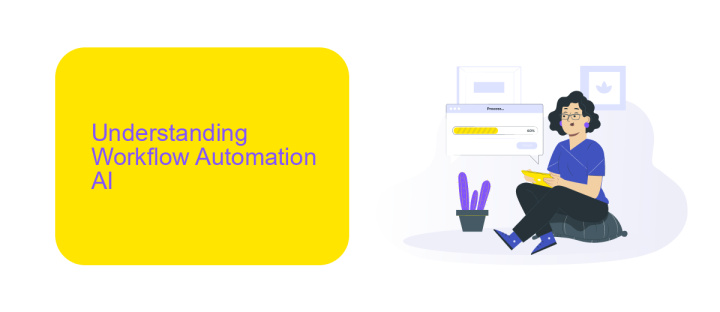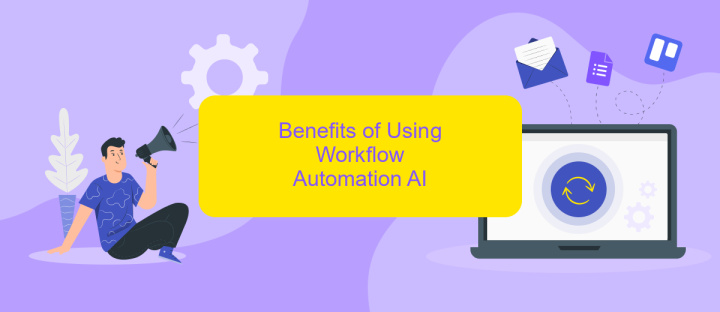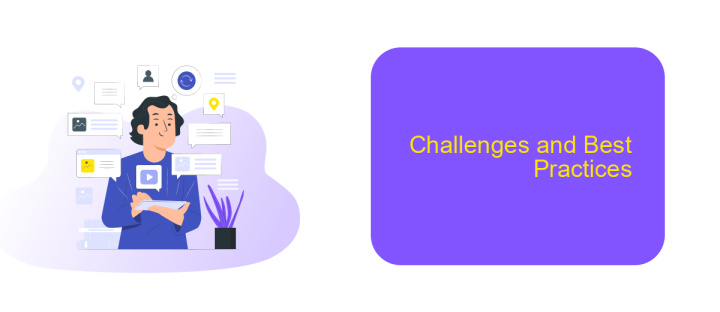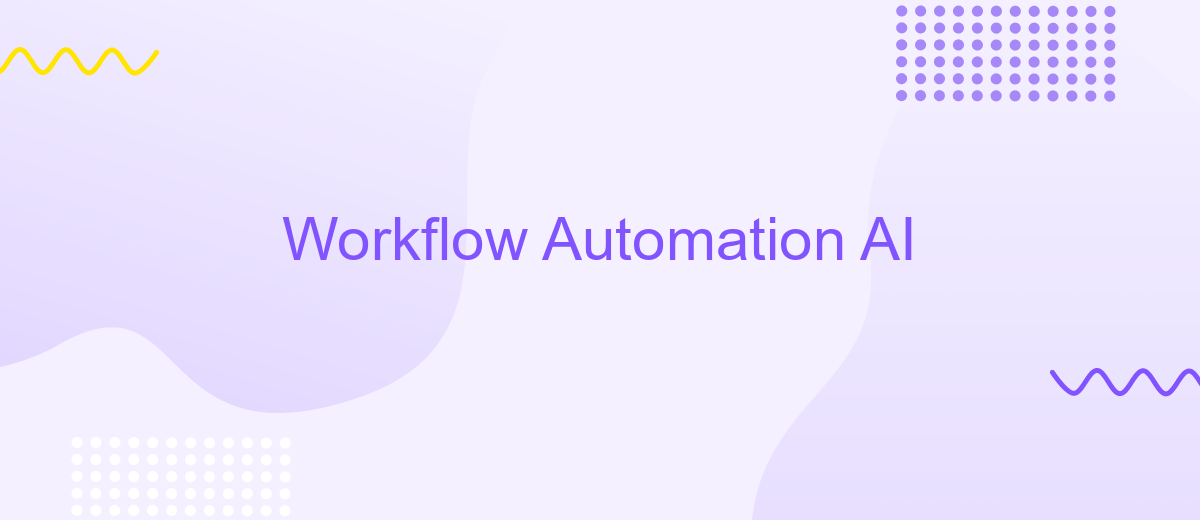Workflow Automation AI
In today's fast-paced business environment, workflow automation powered by artificial intelligence (AI) is revolutionizing how organizations operate. By streamlining repetitive tasks and optimizing complex processes, AI-driven automation enhances efficiency, reduces errors, and frees up valuable human resources for more strategic activities. This article explores the transformative potential of AI in workflow automation and its impact on productivity and innovation across various industries.
Introduction
Workflow Automation AI is revolutionizing the way businesses operate by streamlining processes and reducing manual tasks. This technology leverages artificial intelligence to automate repetitive tasks, allowing employees to focus on more strategic activities. As organizations strive for efficiency and productivity, the adoption of AI-driven workflow automation has become increasingly essential.
- Reduces human error
- Enhances productivity
- Optimizes resource allocation
- Improves compliance and reporting
One of the key components of effective workflow automation is seamless integration between various software and services. Tools like ApiX-Drive facilitate these integrations, enabling businesses to connect different applications without the need for extensive coding. By automating data transfer and communication between systems, ApiX-Drive helps organizations achieve a more cohesive and efficient workflow. As a result, companies can save time, reduce costs, and enhance overall operational performance.
Understanding Workflow Automation AI

Workflow automation AI leverages artificial intelligence to streamline and optimize business processes by automating repetitive tasks and decision-making processes. This technology can analyze data, recognize patterns, and make predictions, allowing organizations to enhance efficiency and reduce human error. By integrating AI into workflow automation, businesses can achieve faster turnaround times, improve accuracy, and allocate resources more effectively.
One of the key aspects of workflow automation AI is its ability to integrate with various tools and services seamlessly. Platforms like ApiX-Drive facilitate these integrations by connecting different applications and automating data transfer between them. This ensures that workflows remain smooth and uninterrupted, even as new tools are adopted. By using services like ApiX-Drive, organizations can customize their automation processes to meet specific needs, leading to improved productivity and a more cohesive operational environment.
Benefits of Using Workflow Automation AI

Workflow automation AI offers numerous advantages that can significantly enhance business operations. By automating repetitive tasks, it allows employees to focus on more strategic activities, thereby boosting productivity and efficiency.
- Time Savings: Automation reduces the time spent on manual tasks, enabling faster completion of projects.
- Error Reduction: Automated workflows minimize human errors, ensuring more accurate and reliable outcomes.
- Cost Efficiency: By streamlining processes, businesses can reduce operational costs and allocate resources more effectively.
- Improved Collaboration: Workflow automation tools facilitate better communication and coordination among team members.
- Scalability: Automated systems can easily scale to accommodate growing business needs without additional overhead.
Services like ApiX-Drive make it easier to set up integrations between various applications, further simplifying workflow automation. By connecting different software solutions, ApiX-Drive ensures seamless data transfer and process synchronization, enhancing overall operational efficiency.
Challenges and Best Practices

Implementing Workflow Automation AI presents several challenges, including data integration complexities and ensuring system compatibility. Organizations often struggle with integrating diverse software tools and platforms, which can lead to inefficiencies and data silos. Moreover, the initial setup and customization of AI systems require substantial time and expertise.
To overcome these challenges, businesses should adopt best practices that streamline the automation process. One effective approach is to employ specialized integration services, such as ApiX-Drive, which facilitate seamless data flow between various applications and systems. This not only enhances productivity but also reduces the risk of errors.
- Utilize integration platforms like ApiX-Drive for seamless connectivity.
- Ensure thorough testing and validation before full-scale implementation.
- Provide adequate training for employees to handle AI tools effectively.
- Regularly update and maintain AI systems to adapt to changing needs.
By following these best practices, organizations can significantly mitigate the challenges associated with Workflow Automation AI. Leveraging integration services and focusing on continuous improvement will lead to more efficient and scalable automation solutions.
Future of Workflow Automation AI
The future of Workflow Automation AI is poised to revolutionize the way businesses operate, driving efficiency and reducing manual labor. As AI continues to evolve, we can expect more sophisticated algorithms that can handle complex tasks, learn from data, and make real-time decisions. This will enable companies to streamline operations, enhance productivity, and reduce errors, ultimately leading to significant cost savings and improved customer satisfaction.
One of the key advancements in this field will be the seamless integration of various tools and platforms. Services like ApiX-Drive are already paving the way by providing robust solutions for connecting disparate systems without extensive coding knowledge. By automating data transfers and synchronizing workflows, these integrations will allow businesses to focus on strategic initiatives rather than mundane tasks. As a result, the future of Workflow Automation AI will not only be about advanced technology but also about creating a more connected and efficient business environment.


FAQ
What is Workflow Automation AI?
How can Workflow Automation AI benefit my business?
Is it difficult to implement Workflow Automation AI?
Can Workflow Automation AI integrate with my existing software?
What types of tasks can be automated with Workflow Automation AI?
Apix-Drive is a simple and efficient system connector that will help you automate routine tasks and optimize business processes. You can save time and money, direct these resources to more important purposes. Test ApiX-Drive and make sure that this tool will relieve your employees and after 5 minutes of settings your business will start working faster.

